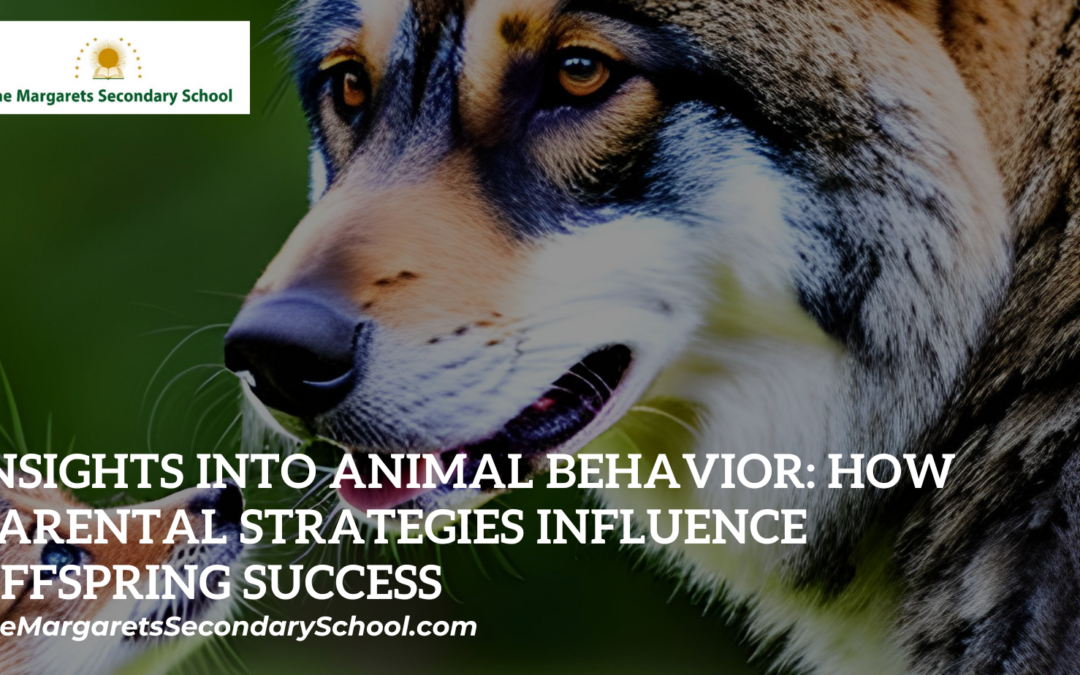Animal Behavior and Offspring Success
Animal behavior is a captivating realm of study that offers profound insights into the ways organisms interact with their environment and ensure the survival of their offspring. The strategies animals employ to care for and raise their young play a critical role in determining the success of the next generation. This intricate dance between parental actions and offspring outcomes showcases the remarkable diversity of approaches across the animal kingdom.
Parental Investment
Parental investment refers to the resources and effort parents allocate to their offspring to enhance their chances of survival and reproductive success. This investment can take various forms, including the provision of food, protection from predators, teaching survival skills, and ensuring a suitable environment.
In species where parental investment is extensive, such as mammals and birds, parents often invest a significant amount of time and energy in raising their offspring. Mammals, for example, provide nourishment through milk and offer protection from danger. Birds construct intricate nests, feed their young, and teach them how to find food. This investment contributes to the well-being and development of the offspring, increasing their likelihood of survival to reproductive age.
Offspring Strategies
Offspring, too, develop various strategies to maximize their chances of success. In some cases, young animals are born relatively self-sufficient and can fend for themselves shortly after birth. This strategy is common in species that inhabit unpredictable or challenging environments, where the ability to survive independently from a young age is essential. In contrast, other species are born in a more vulnerable state and rely heavily on parental care for an extended period.
Mating Systems and Offspring Care
The type of mating system within a species can also influence the level of parental care provided. In monogamous species, where a single male and female form a long-term partnership, both parents are usually involved in raising the offspring. This joint effort ensures that the offspring receive the care and attention they need to thrive.
In polygamous species, where individuals have multiple partners, parental care can vary. In some cases, males may contribute little to no care, leaving the females responsible for raising the young. In other cases, males may provide protection or resources to females, indirectly benefiting the offspring.
Balancing Act
Animal behavior and parental strategies represent a delicate balance between resource allocation and the desire to ensure offspring success. Factors such as food availability, environmental conditions, and predation pressure can influence how parents invest in their offspring. These decisions are shaped by millions of years of evolution, with the ultimate goal of increasing the chances of genetic survival.
Conclusion
Animal behavior and offspring success are intricately intertwined, showcasing the diversity of strategies animals employ to ensure the survival and prosperity of their young. The complex interplay between parental investment, offspring strategies, and environmental factors creates a fascinating tapestry of life’s adaptability and ingenuity. By studying animal behavior, scientists gain a deeper understanding of the strategies that shape the natural world and the intricate dance of life that unfolds within it.





